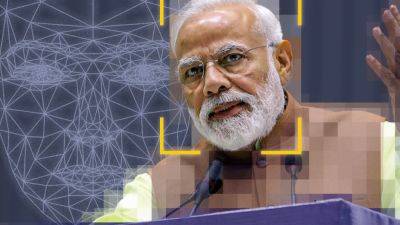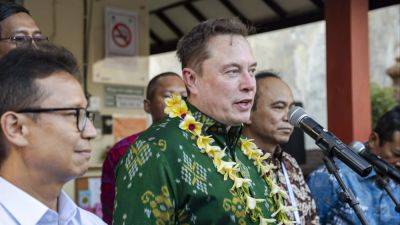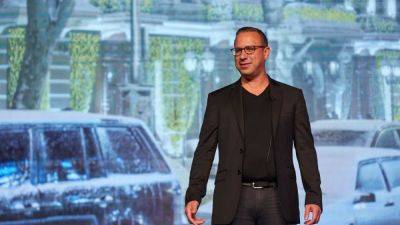China making plans to build and ship EVs from Thailand
BANGKOK – China’s imported electric vehicles (EVs) are heavily denting US and Japanese car sales in Thailand, prompting Chinese manufacturers to invest more than a billion dollars to assemble their EVs near Bangkok to expand domestic sales and accelerate international exports.
Thailand prides itself as “The Detroit of Asia”, allusion to its long-established auto manufacturing industry. Toyota, Isuzu, Mitsubishi, Honda, Ford and other manufacturers dominate a swelling domestic market for traditional internal combustion cars fueled by gasoline, diesel or LPG.
Thailand is Southeast Asia’s biggest exporter of those vehicles, rolling out 2.5 million annually.
Those numbers are expected to grow as China ramps up facilities in Thailand to assemble EVs and export them across the region.
If the US, Europe and elsewhere enforce strict quotas limiting imports of “Made in China” vehicles, future Chinese cars “Made in Thailand” could provide an alternative market entry point.
China’s big EV advantage is its southeast coastal port Shenzhen, from where Chinese EV manufacturers can access complex precision sensors, computer chips, batteries and other high-tech hardware and components.
Now, China’s BYD, which produces most of the world’s EVs, and Great Wall Motor have reportedly agreed to spend US$1.4 billion in new EV production and assembly facilities in Thailand.
BYD, or Build Your Dreams, intrigued visitors at the Bangkok International Motor Show in March by displaying a $24,000 Dolphin EV which reportedly runs 300 miles on a single battery charge and a $44,000 Seal which cruises 360 miles.
China’s Chery Automobile, meanwhile, is also constructing a factory in Thailand to produce vehicles for the domestic market and export.
Chery







